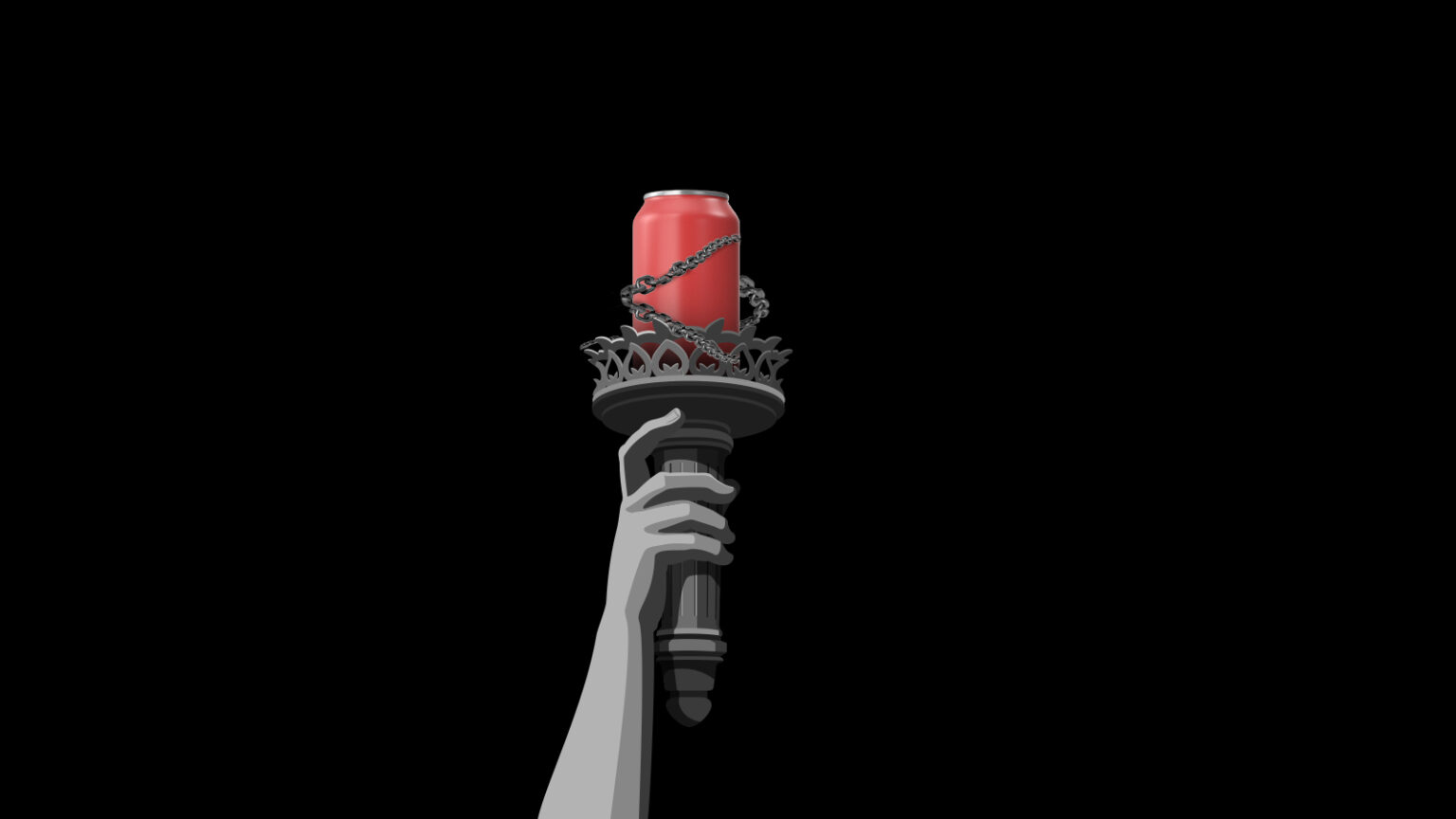In the US, there are millions of people who could be once and for all deprived of the sodas they have long been attached to. Sodas, which are enjoyed by millions of Americans each year, may be outlawed or compelled to change their formulations if a chemical in them is banned.
After being linked to headaches, memory loss, decreased balance, and thyroid disorders, the Food and Drug Administration (FDA) has recommended that brominated vegetable oil (BVO) be banned. The substance is used to help with citrus flavoring and may be found in popular sodas like Sun Drop, which is produced by the same company that produces Dr Pepper. Sun Drop is one of the most well-known examples. The drink is available in three flavors: lemon, lime, and sweet orange, all of which include BVO.
However, BVO will be removed from the company’s ingredient list. ‘We have been aggressively reformulating Sun Drop to remove this ingredient and will continue to comply with all state and national standards,’ said a representative.
The citrus taste also contains yellow 5, which has been banned in countries such as the United Kingdom because of the presence of benzidine, a human and animal carcinogen that is authorized in low amounts. According to the FDA, ingesting free benzidine boosts the risk of cancer to just under the ‘concern’ level, or one cancer per million people.
Sun Drop is rated a 10 by the consumer watchdog Environmental Working Group (EWG) on a scale of one to ten, with ten being the worst, due to its use of BVO, yellow 5, and the added sodium benzoate. BVO has also been discovered in Faygo, a Detroit-based company that offers over 50 different soda flavors in retailers around the country. The Moon Mist flavor from the company receives a nine on the EWG scale due to the presence of BVO, potassium benzoate, and the artificial sweetener sucralose. BVO, on the other hand, is most typically seen in regional and shop brands.
The FDA proposed banning BVO last week after determining that it was no longer safe for human consumption. According to the FDA, ‘the agency is publishing a proposed rule now because the agency has recent data from studies it conducted that demonstrate detrimental health consequences in animals at levels more closely reflecting real-world human exposure. ‘The FDA can no longer conclude that the use of BVO in food is safe based on these evidence and unanswered safety questions.’
The new rule will next be subject to a 75-day consultation period during which stakeholders, such as soda firms, can submit comments.
The FDA, the Department of Health and Human Services (HHS), and the Office of Management and Budget (OMB) will then assess these before deciding whether to approve the change. If the plan is approved, BVO will no longer be permitted in any food. Brominated vegetable oil (BVO) is a flavoring ingredient that prevents citrus flavors from separating from the drink. It has been used since the 1920s, and the FDA judged its use to be generally recognized as safe (GRAS) in the 1950s and 1960s.
At the time, studies suggested that animals fed BVO had negative heart effects, but subsequent studies rectified those safety issues.
After rat studies revealed that repeated and long-term exposure to BVO could cause neurological disorders such as memory loss, decreased balance and coordination, and headaches, FDA experts began reassessing the chemical in 2014. The animals investigated also had excessive quantities of bromine in their tissues, which presented a risk to thyroid function. BVO is now approved for use in small amounts in beverages to prevent citrus flavors from separating and floating to the surface.



